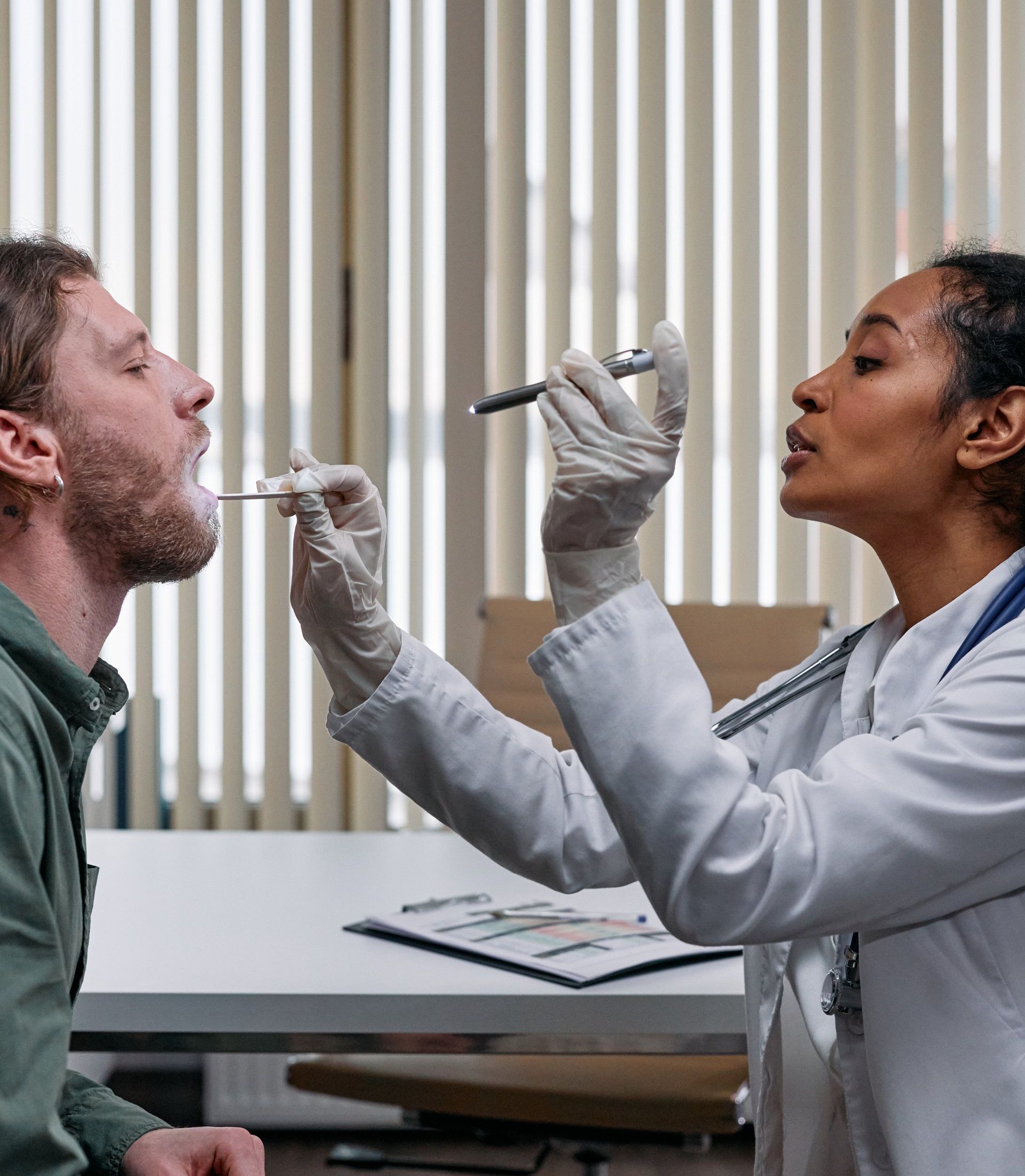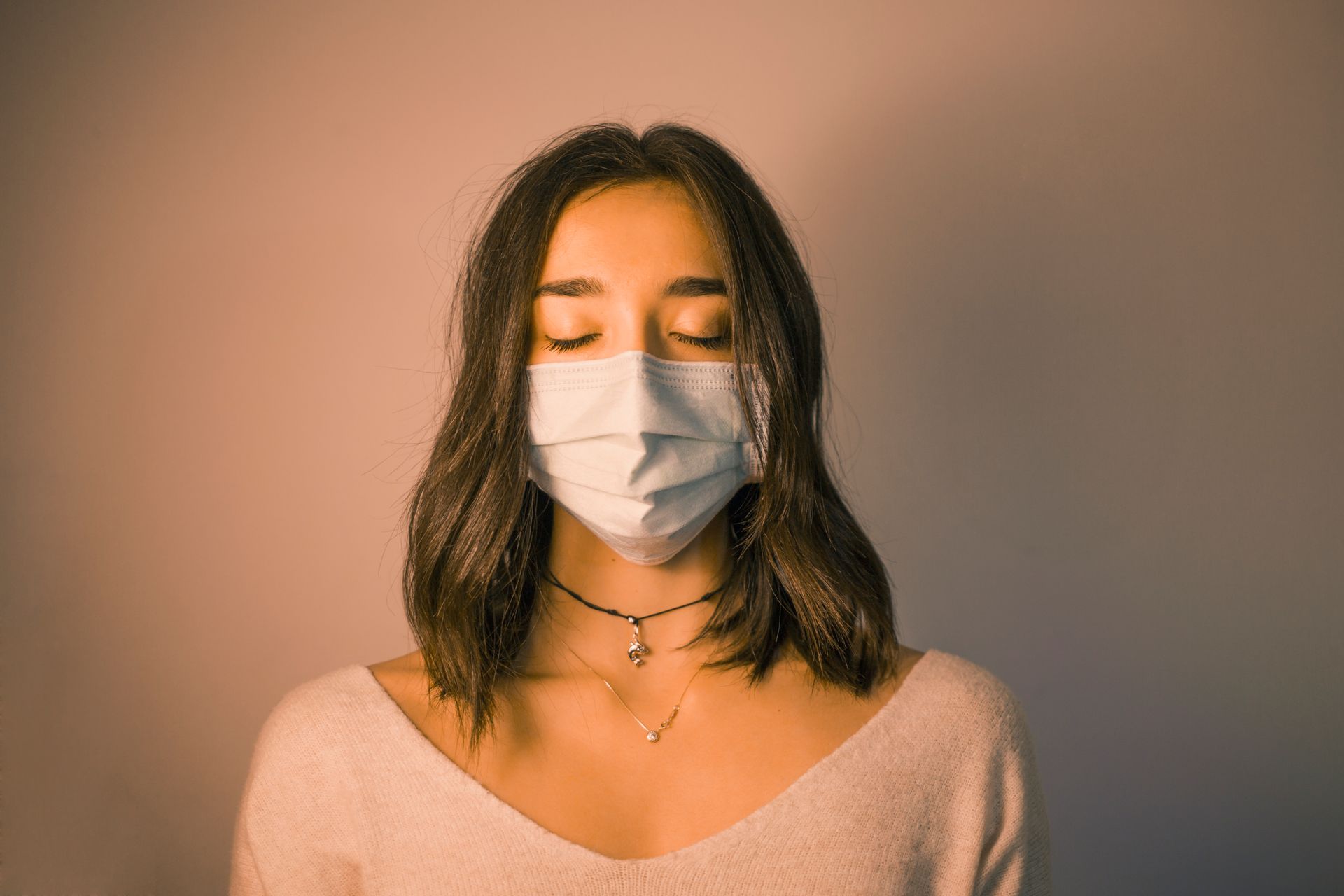
The Importance of Healthcare Screenings: What You Need to Know
Why Healthcare Screenings are Critical for Your Well-being: A Complete Guide

As we age, it's important to take care of our health and wellbeing. One of the ways to do so is by undergoing regular healthcare screenings. These screenings help detect potential health issues early on, which can lead to better treatment outcomes and improved quality of life. In this blog post, we'll discuss some of the most important healthcare screenings, why they're important, and how often they should be done.
1. Blood Pressure Screening
High blood pressure is a leading risk factor for heart disease, stroke, and other health issues. Regular blood pressure screenings can help identify high blood pressure early on, allowing for timely interventions to prevent complications. It's recommended that adults get their blood pressure checked at least once a year, starting at age 18.
2. Cholesterol Screening
High cholesterol levels are a risk factor for heart disease and stroke. A cholesterol screening measures the levels of HDL, LDL, and total cholesterol in the blood. It's recommended that adults get their cholesterol levels checked every 4-6 years, starting at age 20.
3. Colorectal Cancer Screening
Colorectal cancer is the third most common cancer in both men and women. Regular screenings can detect precancerous polyps or early-stage cancer, when it's easier to treat. The American Cancer Society recommends that adults get regular screenings starting at age 45, although the age may be earlier for those with a family history of colorectal cancer or other risk factors.
4. Breast Cancer Screening
Breast cancer is the most common cancer among women, and regular mammograms can help detect breast cancer early. The American Cancer Society recommends that women get regular mammograms starting at age 45, although the age may be earlier for those with a family history of breast cancer or other risk factors.
5. Prostate Cancer Screening
Prostate cancer is the most common cancer among men, and regular screenings can help detect prostate cancer early. The American Cancer Society recommends that men discuss the pros and cons of prostate cancer screening with their healthcare provider starting at age 50, or earlier for those at higher risk.
In conclusion, regular healthcare screenings are essential for maintaining good health and preventing potential health issues. Make sure to talk to your healthcare provider about which screenings are appropriate for you, based on your age, family history, and other risk factors. By taking proactive steps to protect your health, you can enjoy a happier, healthier life.
































